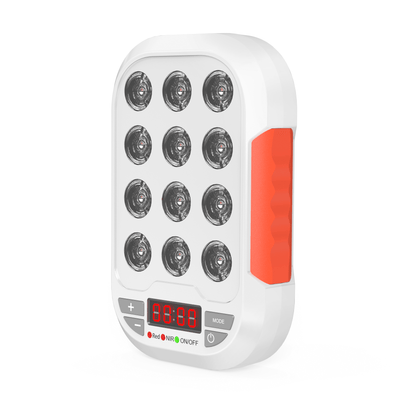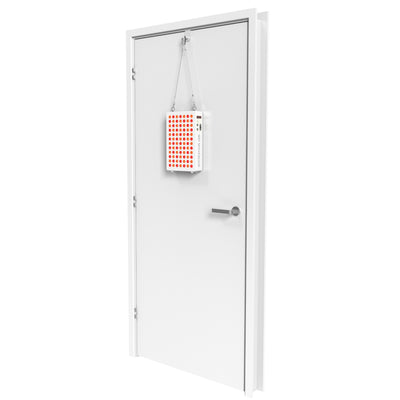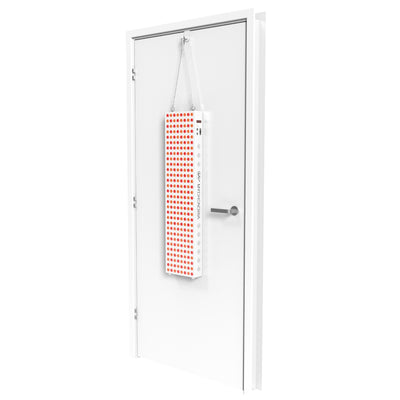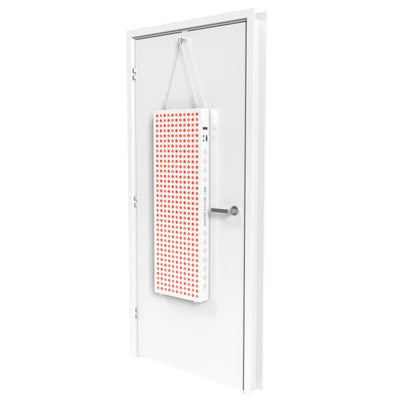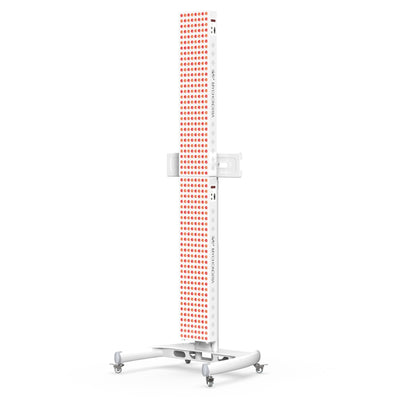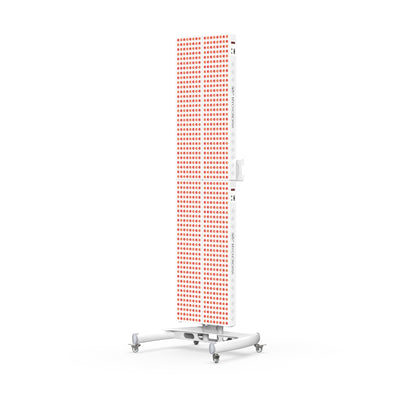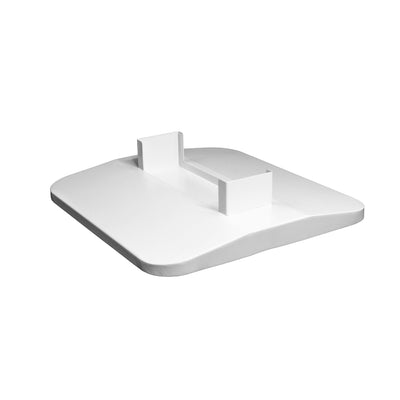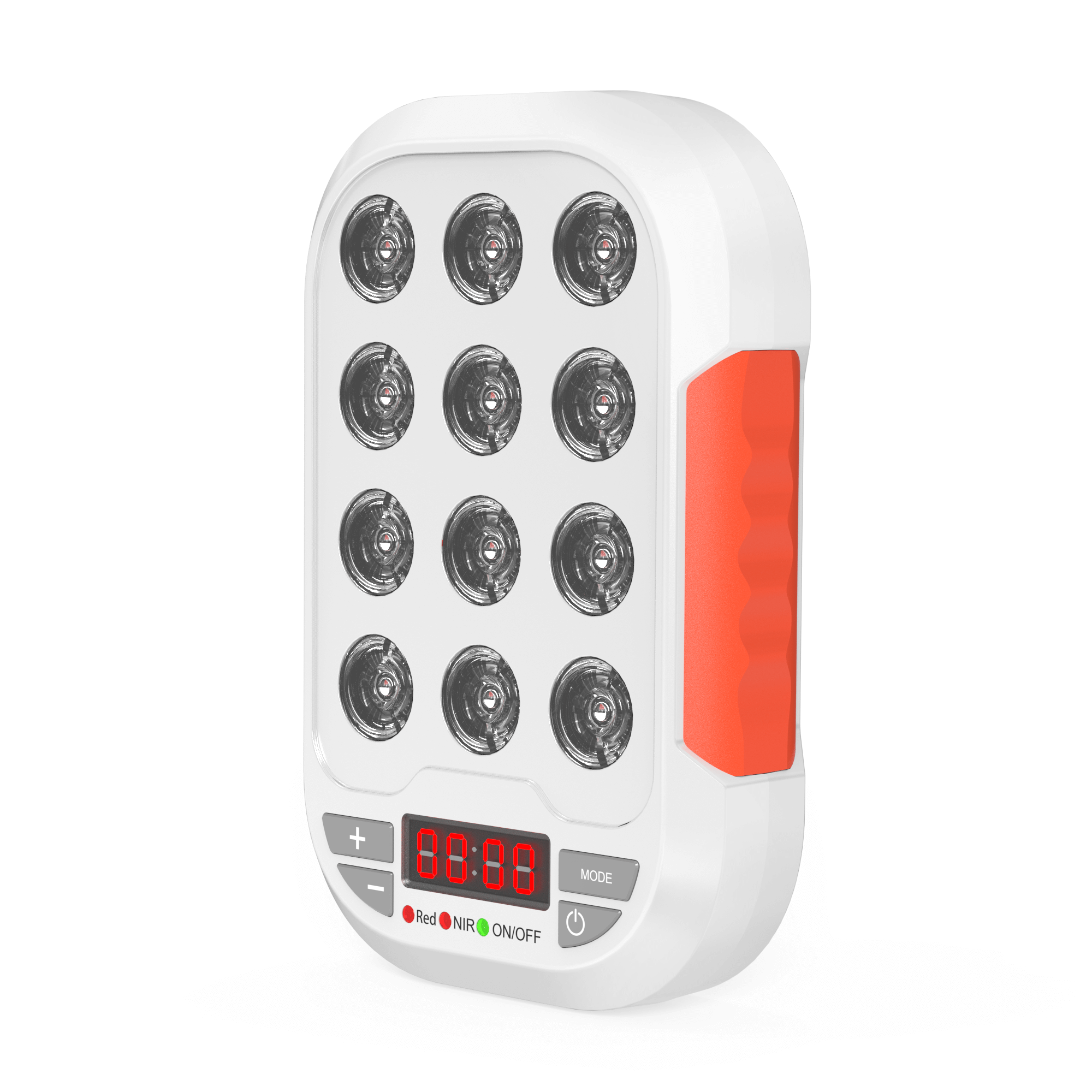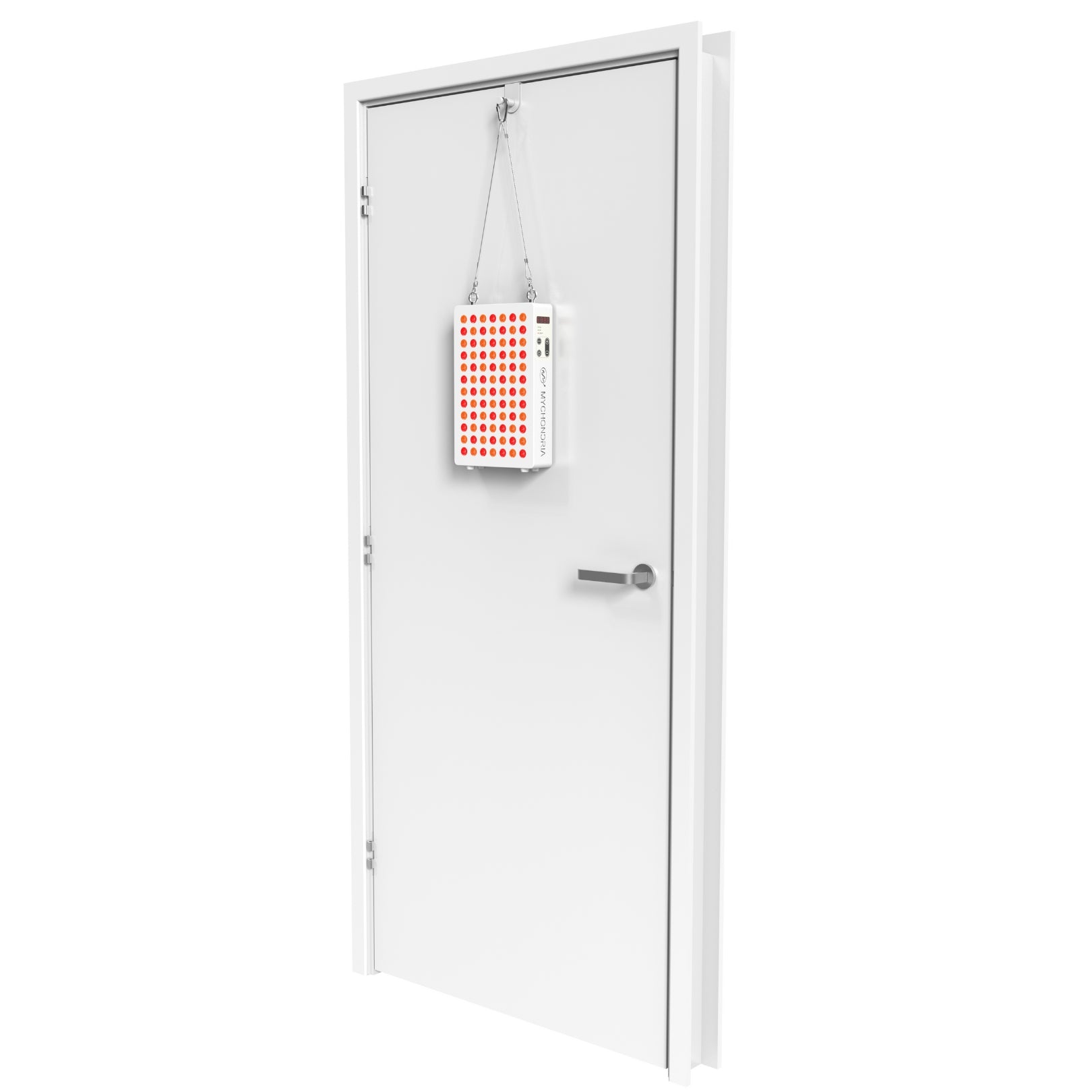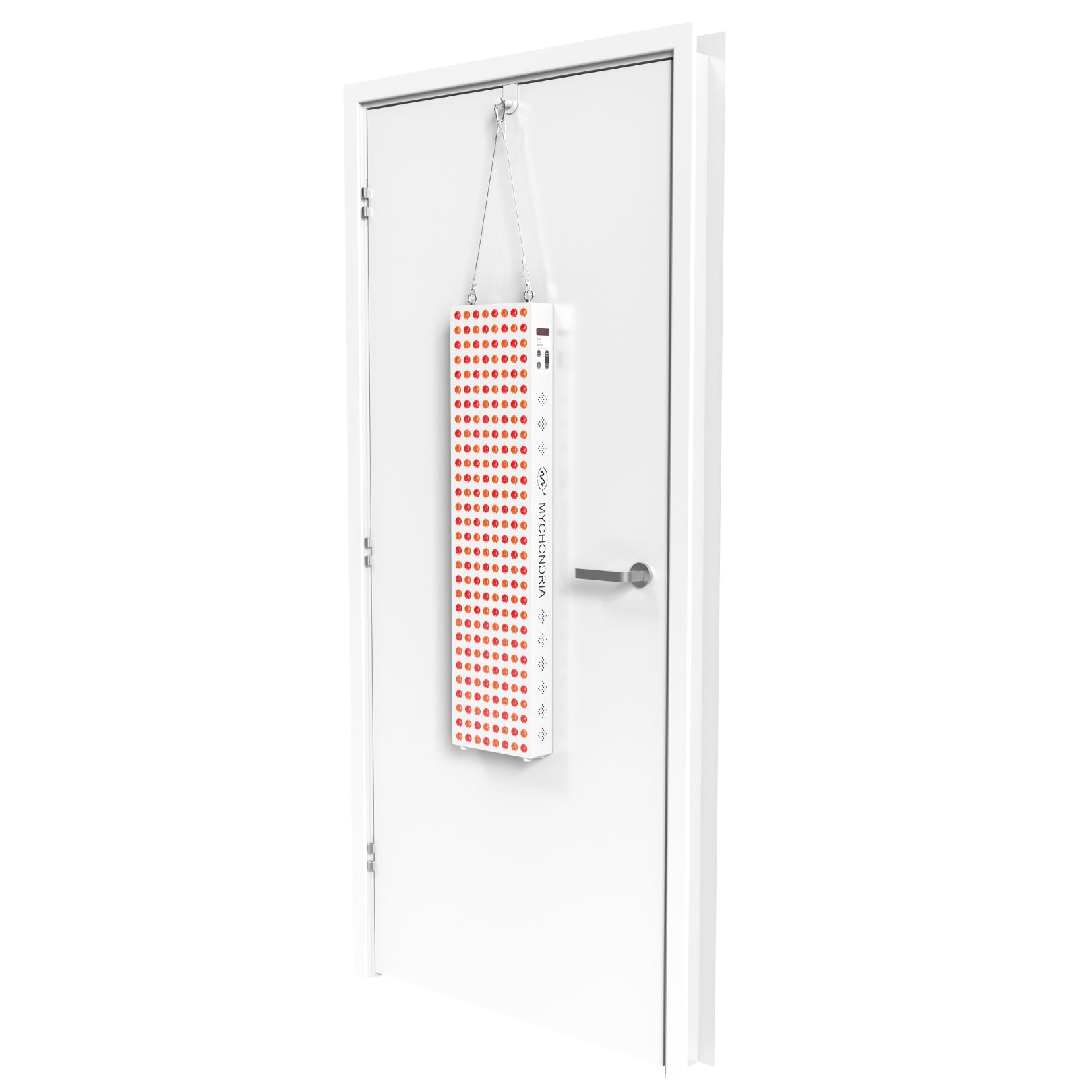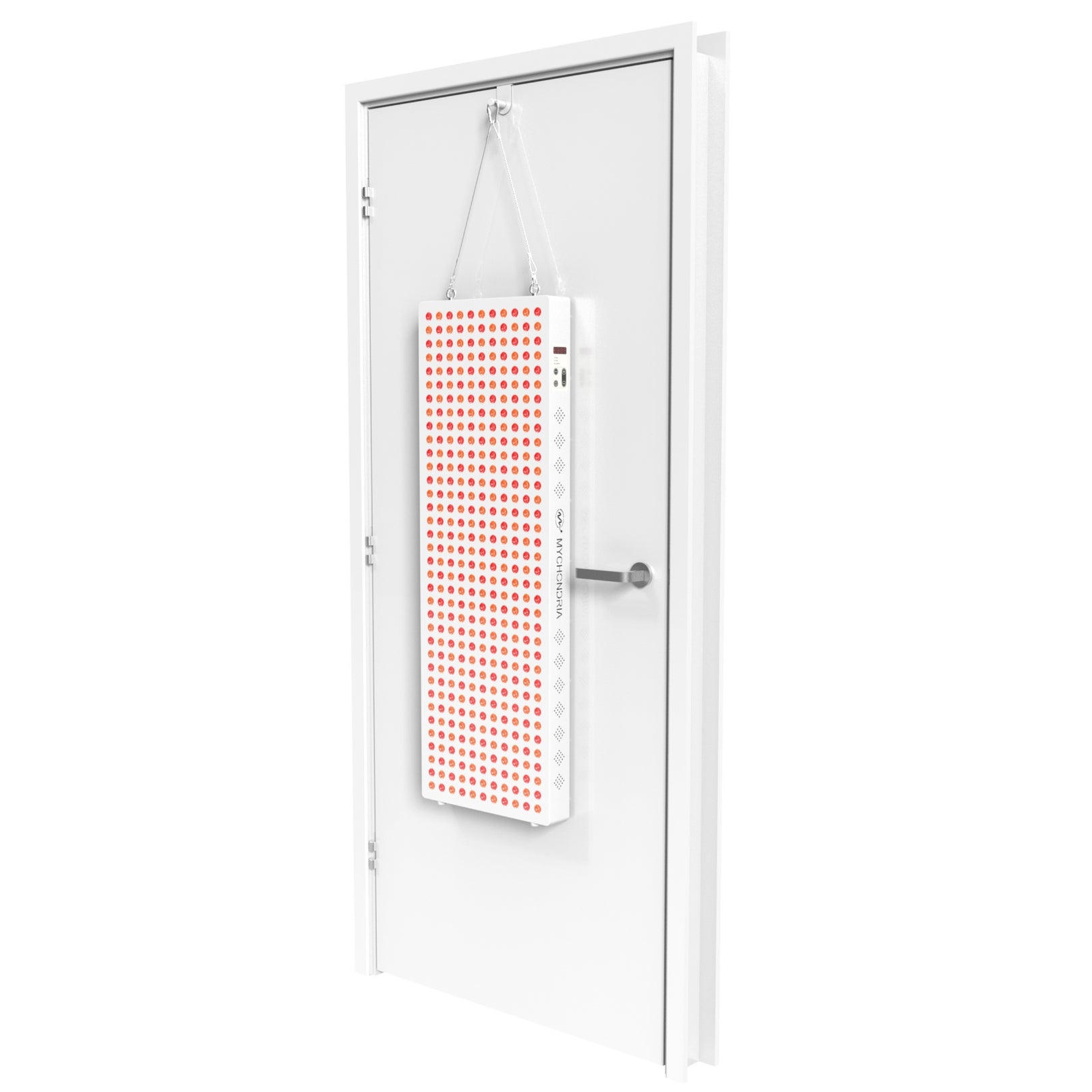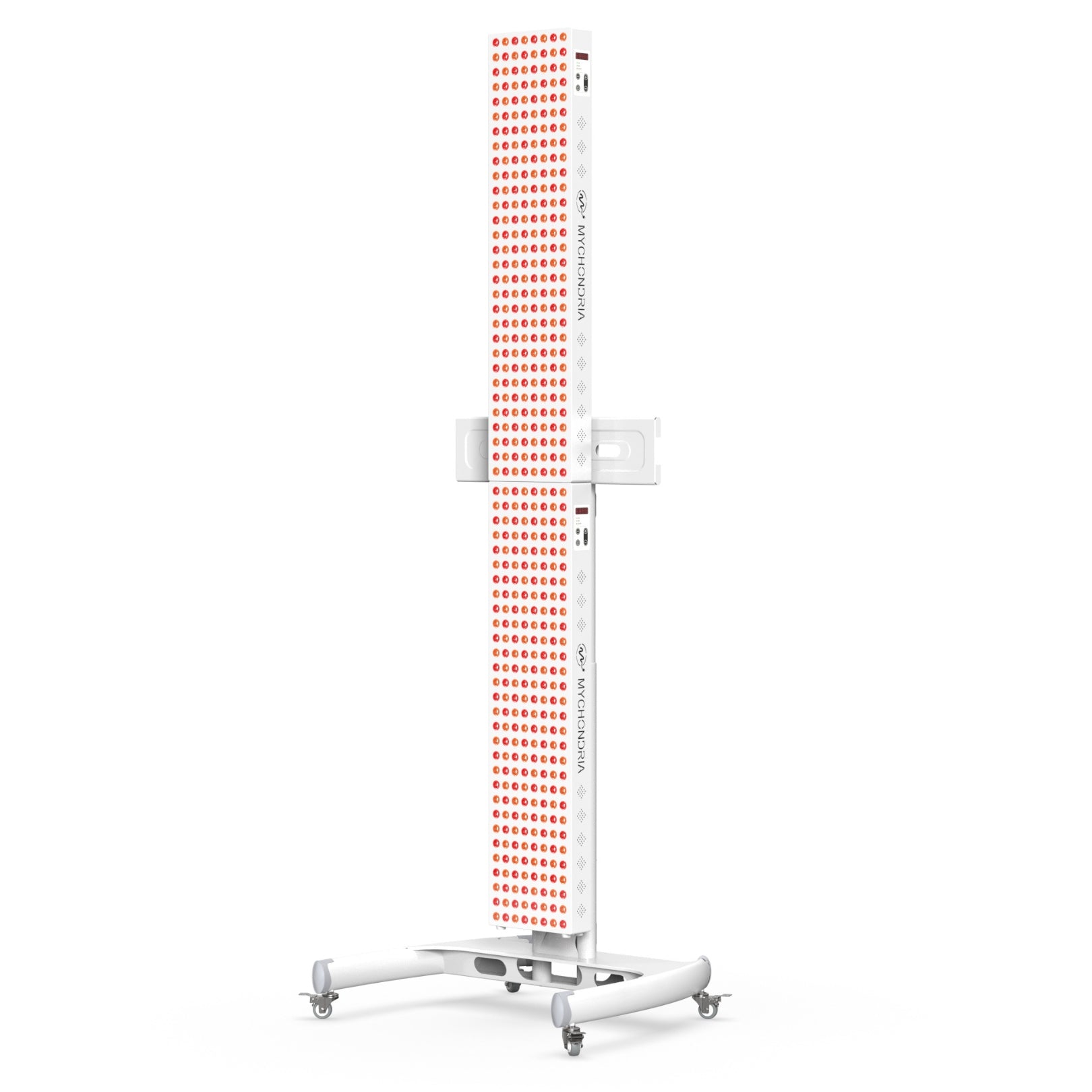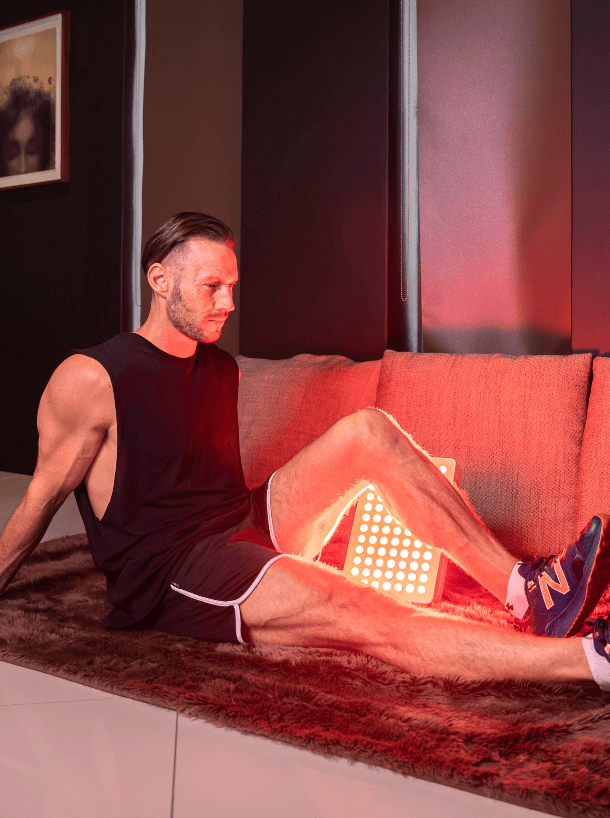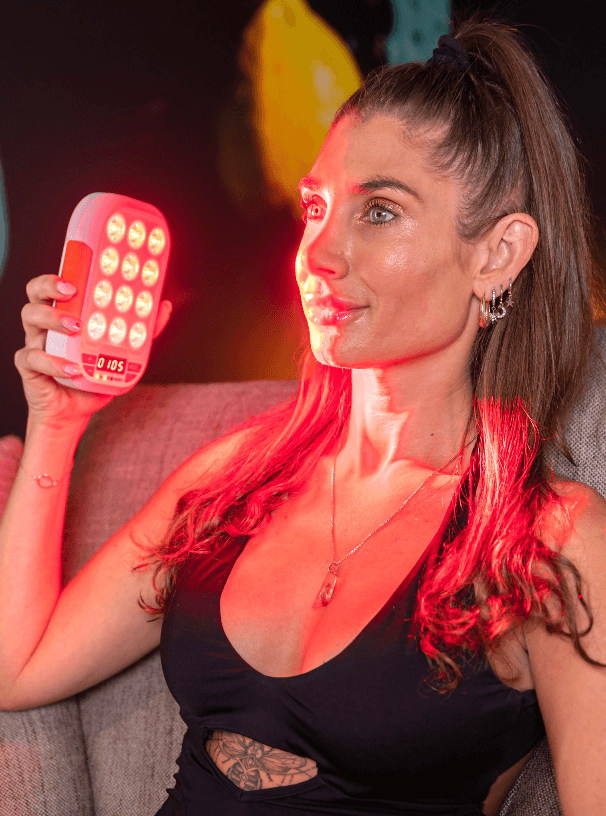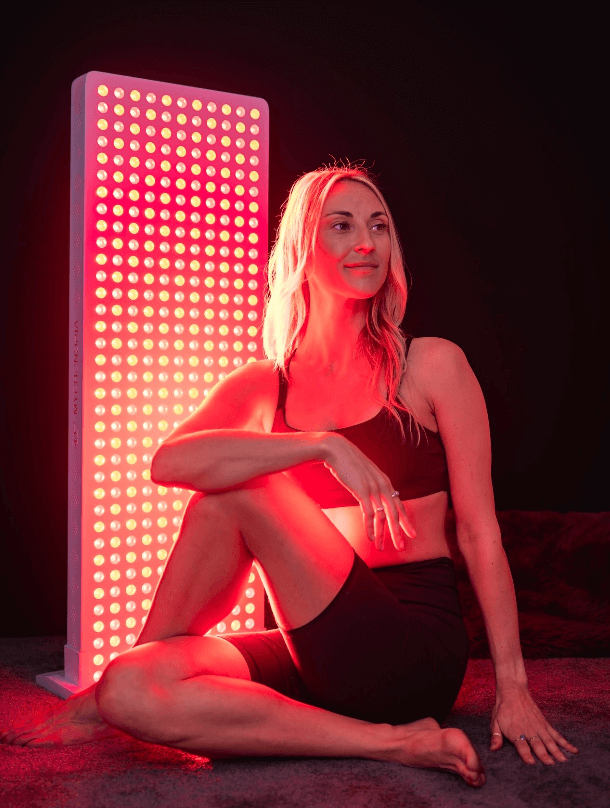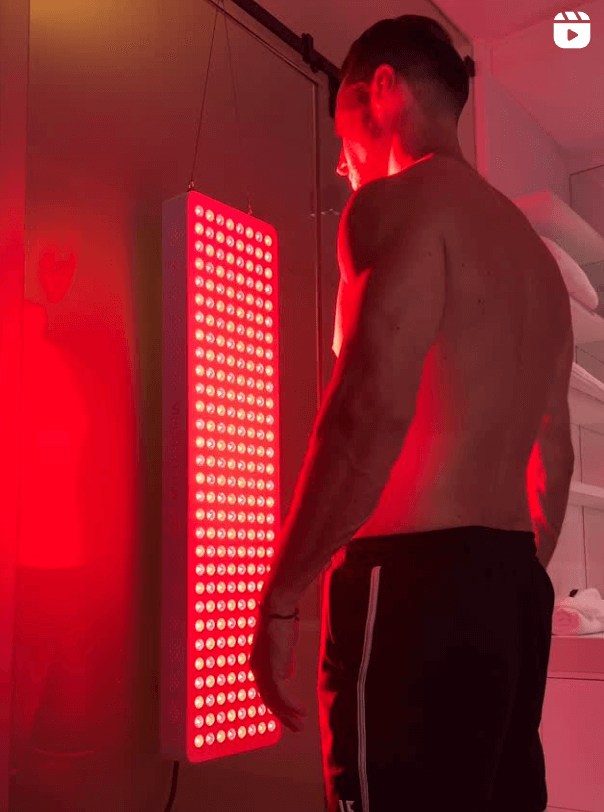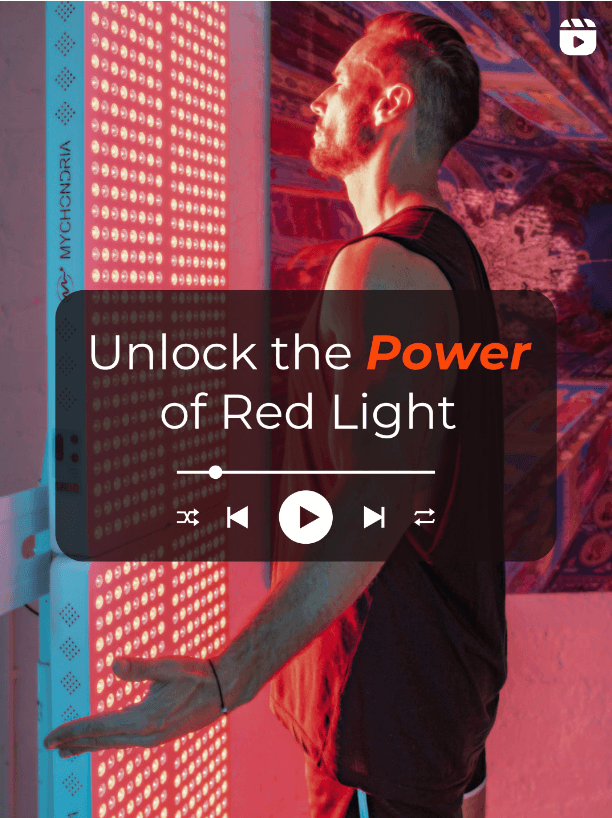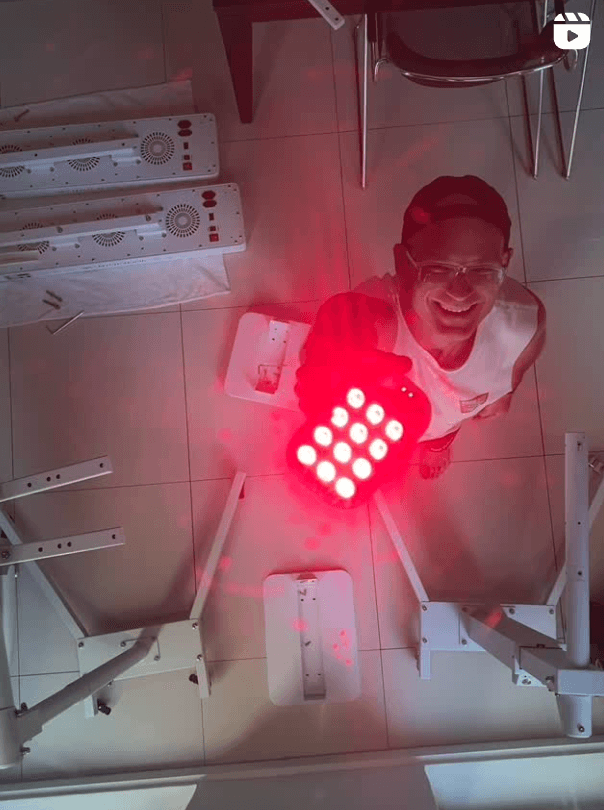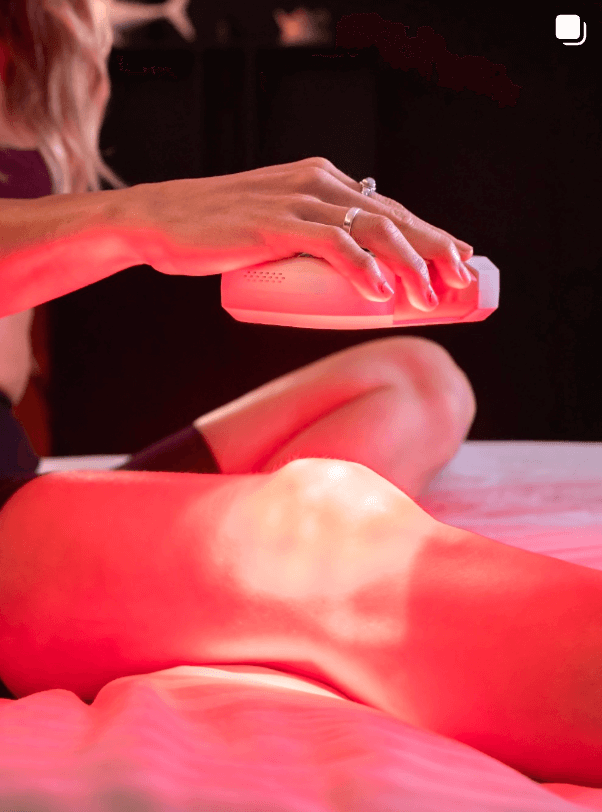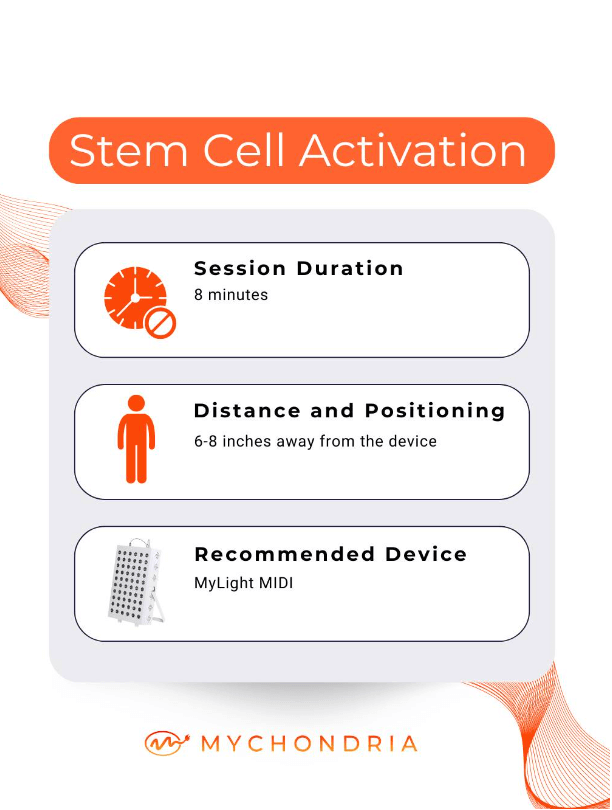
You may or may not have heard the term – circadian rhythm before. And we get it, this may sound like some branch of algebra that you should have learnt in the 8th grade. But we’re here to simplify and help you to understand these seemingly complicated terms. Here’s everything you need to know about circadian rhythms and how they impact your life as well as how to optimize it for your health and achieving peak performance.
A circadian rhythm is the natural cycle of physical, mental and behavioural changes that the body goes through during one 24-hour cycle. Circadian rhythms are mostly affected by light and darkness, and are controlled by a small area in the middle of the brain. Generally speaking, circadian rhythms are mostly associated with the sleep/wake cycle. If you feel really groggy and sleepy during the day, but struggle to fall asleep and fall into a consistent sleeping pattern – this may be because your circadian rhythm has been affected and is out of balance.
The sleep/wake cycle isn’t the only circadian rhythm. Hormones, appetite and body temperatures are other cycles that are controlled by a circadian rhythm.
The reason why these cycles are so important, is because our bodies function optimally a certain times of the day, in order to achieve the most optimal result. For example, there are certain times of the day where bodily functions like muscle recovery or food digestion is at its peak. Aligning these rhythms so that each one can be at its optimum means that your body functions in a harmonious way.
So, how do I align these circadian rhythms?

The most important aspect for setting your circadian rhythm is setting your ‘master clock’ in your brain. This ‘master clock’ is situated just behind your eyes in the suprachiasmatic nucleus (or SCN) and this is the master regulator of all circadian rhythms. Circadian rhythms are primarily set by your light environment. If your SCN registers that its day time (when its light), it activates body process that would get you feeling active and responsive to normal daily activities. The opposite happens at night – when the SCN registers that it’s getting dark outside, it initiates body processes that would slow you down, make you feel relaxed and ready to rest and reset.
However, light is not the only way to set your circadian rhythm. Within each and every one of our cells, we have what is called a clock gene. This can be imagined as a musical orchestra. The SCN functions as the conductor in front of the orchestra, who sets the tone for the entire performance. The cells function as the musicians in this example, which each have their own roles and responsibilities to ensure that the task at hand gets complete.
In order for the symphony to be played correctly (aka for your body to function correctly). We need to ensure that our master clock (SCN) is set correctly by the light environment that we expose it to. Our clock genes within the cells of our bodies are set by other factors such as meal timing and body temperature. Simple things like having large meals very late into the evening causes disruptions in our circadian rhythms, as our body will use the time during sleep to digest this large meal instead of more important functions during this time like muscular or injury recovery.
Our top 5 tips for mastering an effective circadian rhythm are:
- Have a routine and stick to it. Keep your sleep/wake times relatively consistent.
- Do some form of physical activity every day – whether it’s a walk, stretching, swimming or gym.
- Avoid large meals and caffeine in the evening.
- Reduce exposure to blue light (laptops, tvs, cellphones) at least an hour before bed.
- Expose yourself to natural sunlight during the day.
We really hope that you find blogs like this informative, interesting and helpful. At Mychondria, we love to explore and dive deep into all of the simple ways we can optimize our lives for the most holistic and harmonious lifestyle possible.
Written By: Caroline Bursey
For more information, check out our incredible blogs here.
Shop our incredible devices here - its one click away.
